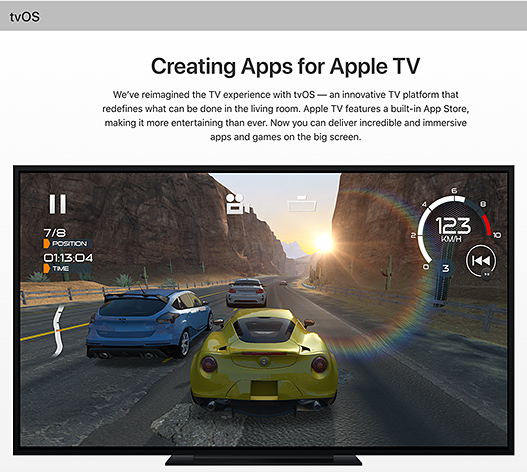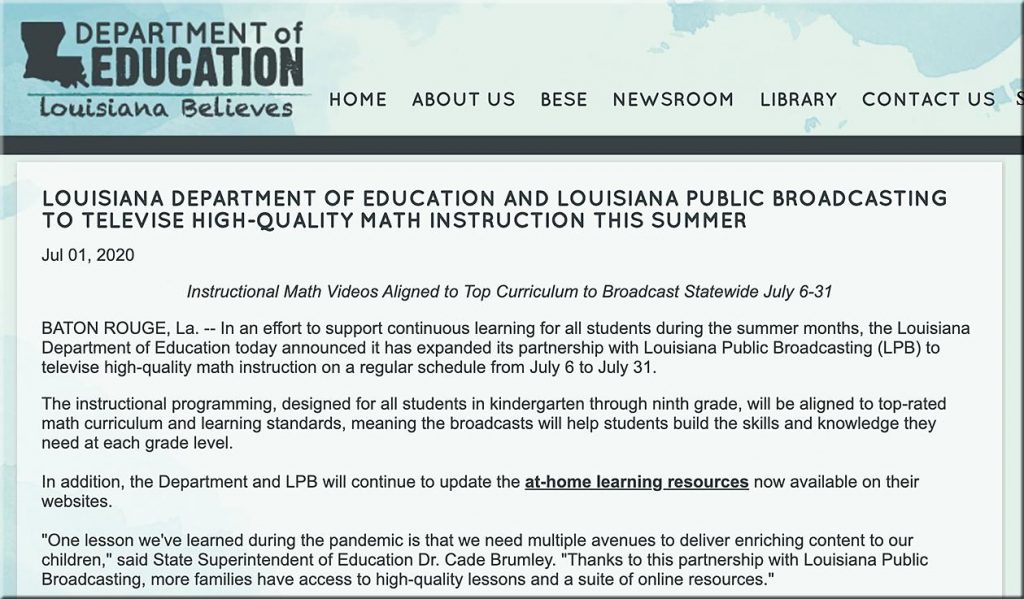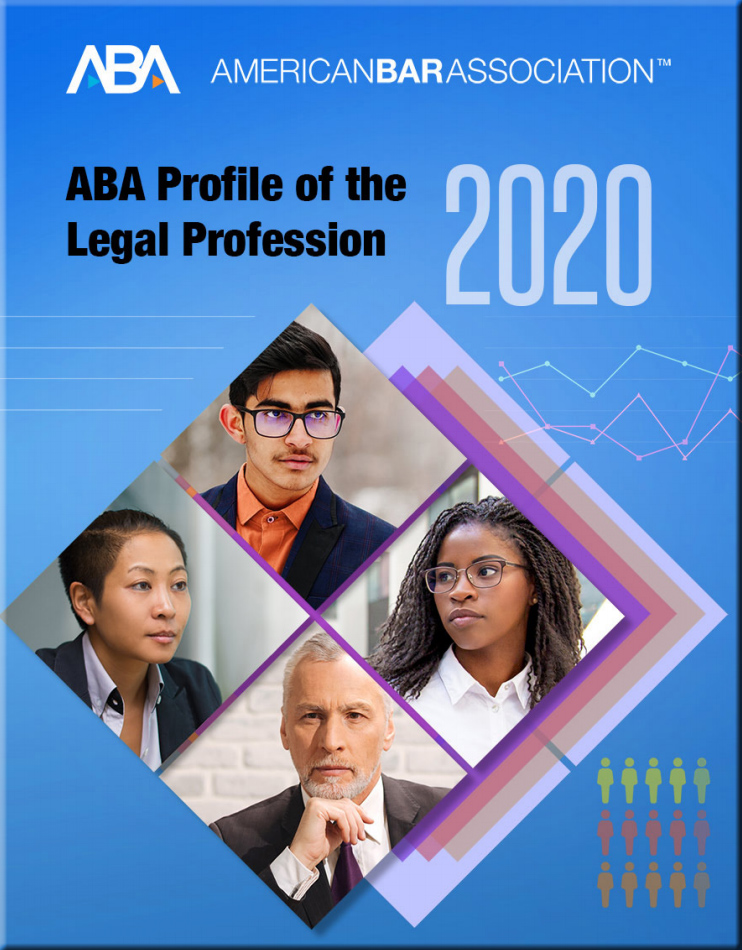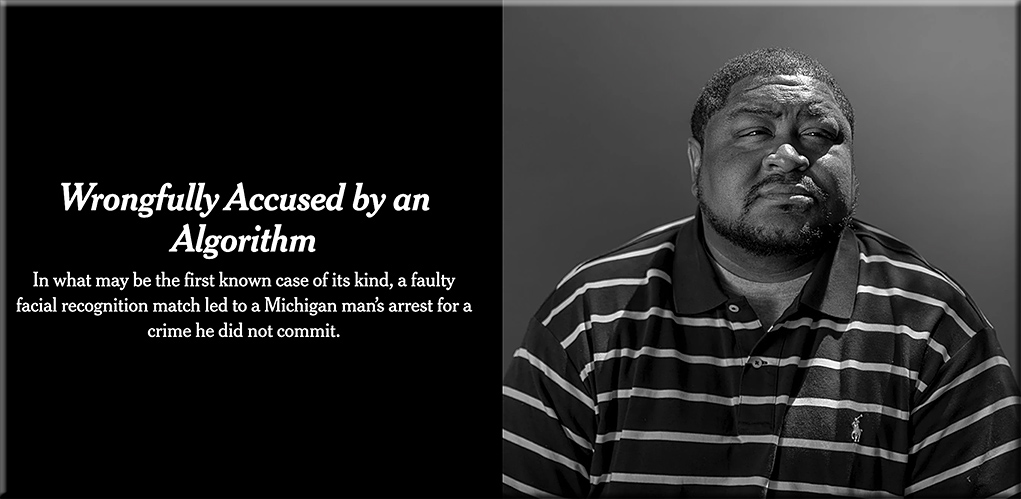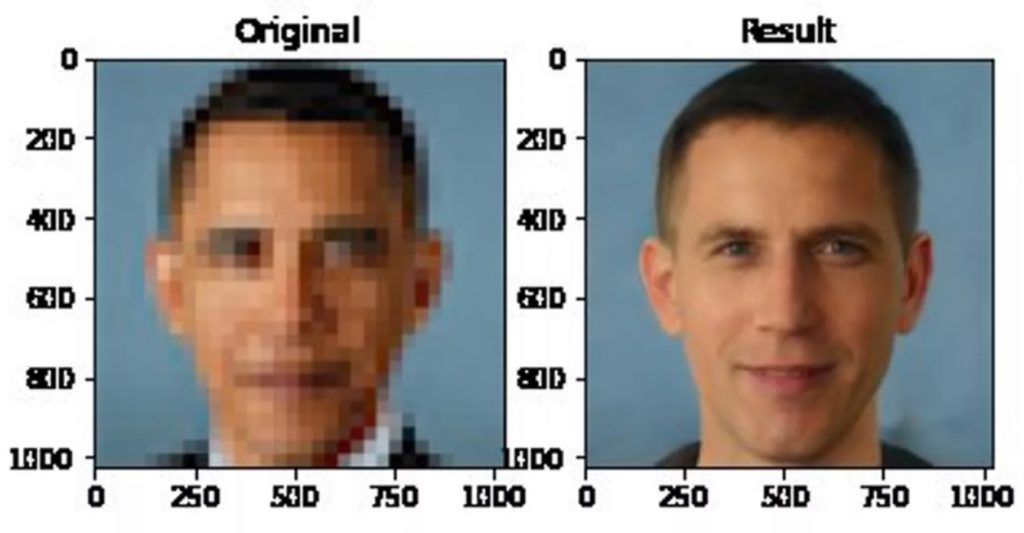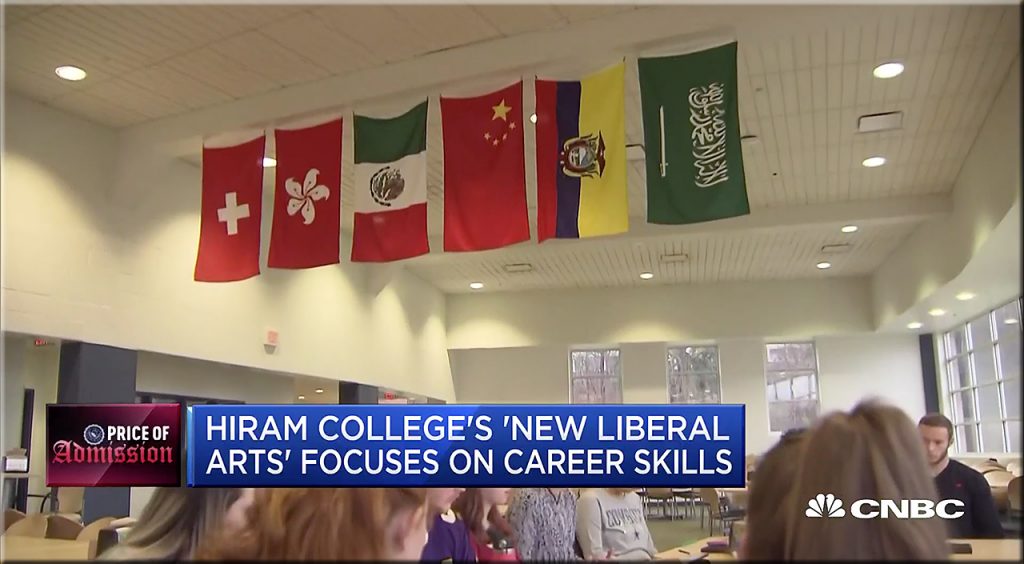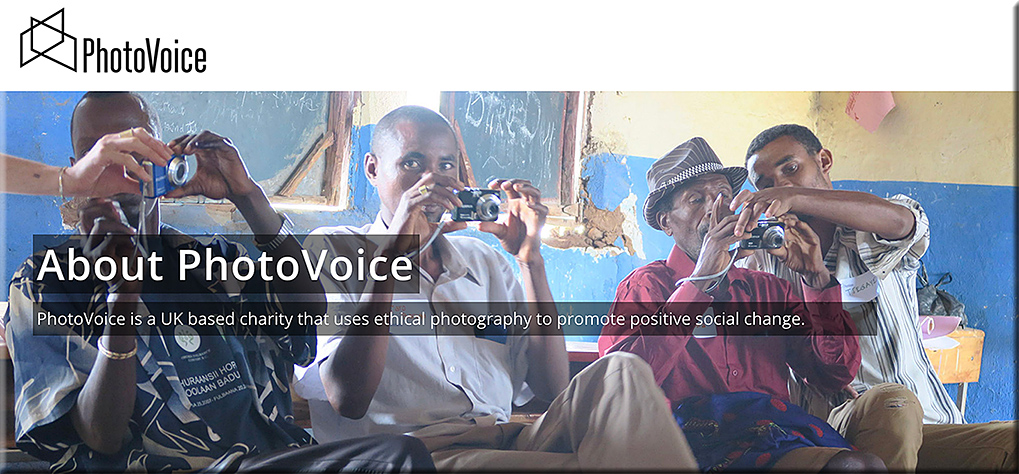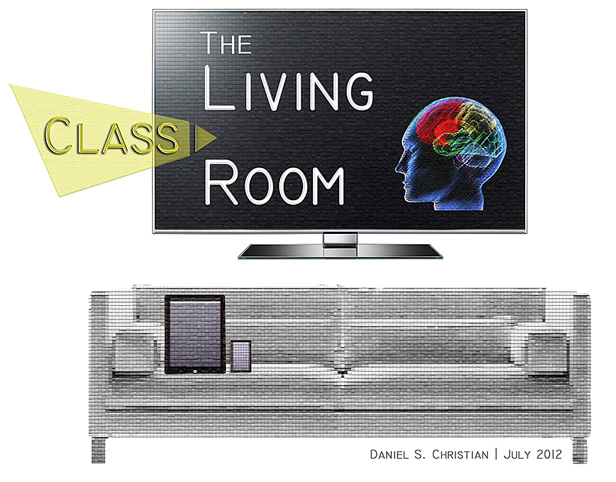
From DSC:
- If one doesn’t have access to the Internet, a computer, or any such mobile technology as seen in the image above…could TV become the medium through which one could be educated during this next year of the Coronavirus situation? That is, until we can develop better and more equitable policies, plans, funding, systems, infrastructures, and connectivity for all students!
- After that, could we see more televisions morph into smart/connected TVs?
- Could PBS, ABC, CBS, NBC, Fox, and other major networks collaborate with the U.S. Department of Education to help us educate all students?
- Could the largest internet company of 2030 be an online school as Thomas Frey predicts?
A few years ago, I had hoped that Apple was going to go all-in with their tvOS platform.
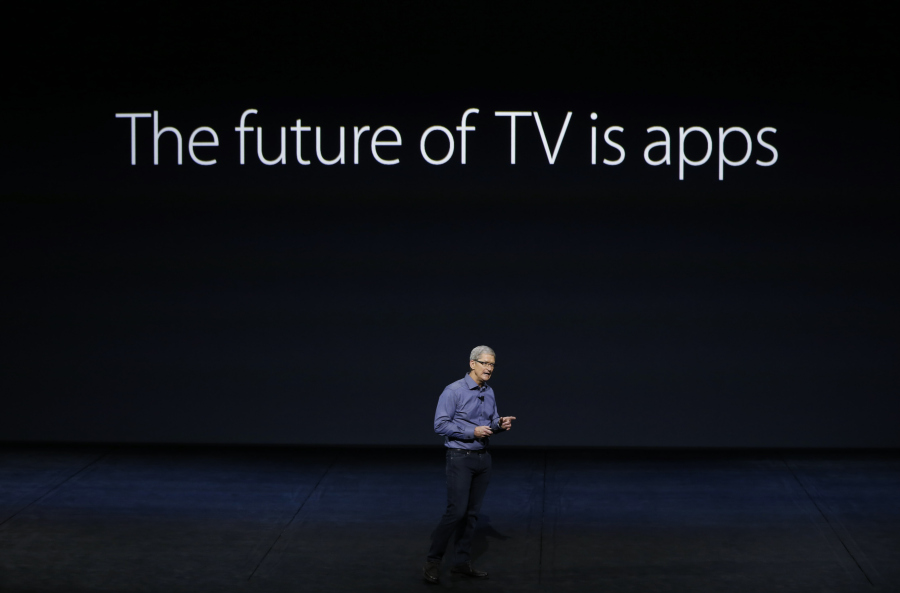
SAN FRANCISCO, CA – SEPTEMBER 9: Apple CEO Tim Cook introduces the New Apple TV during a Special Event; 9/9/15.
Though it’s still early in the game, that really hasn’t happened to the extent that I had hoped. That said, more recently, I was encouraged to see this article from back in July:
Let’s ask the employees of PBS, ABC, CBS, NBC, Fox, and other networks if they would be willing to work with the U.S. Department of Education to help educate ALL students! Though educational TV is not new, I’m talking about taking things to a *whole* new level.
With that in mind, I created the following graphic:
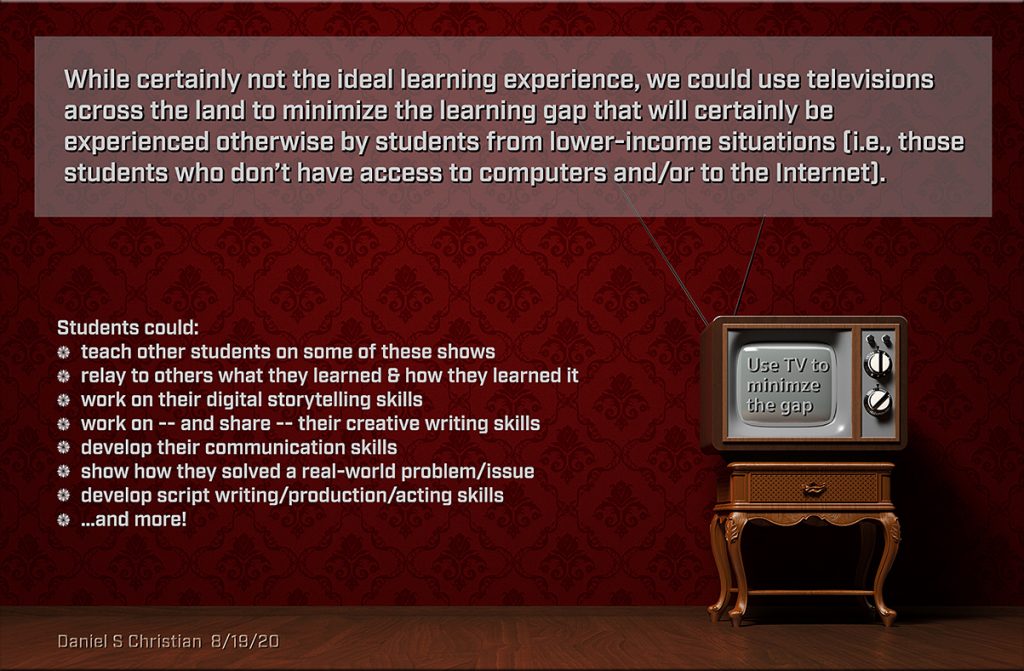
(One might ask why I used an old television in the above graphic. I was trying to get at the idea that one might not have a lot of resources to work with.)









